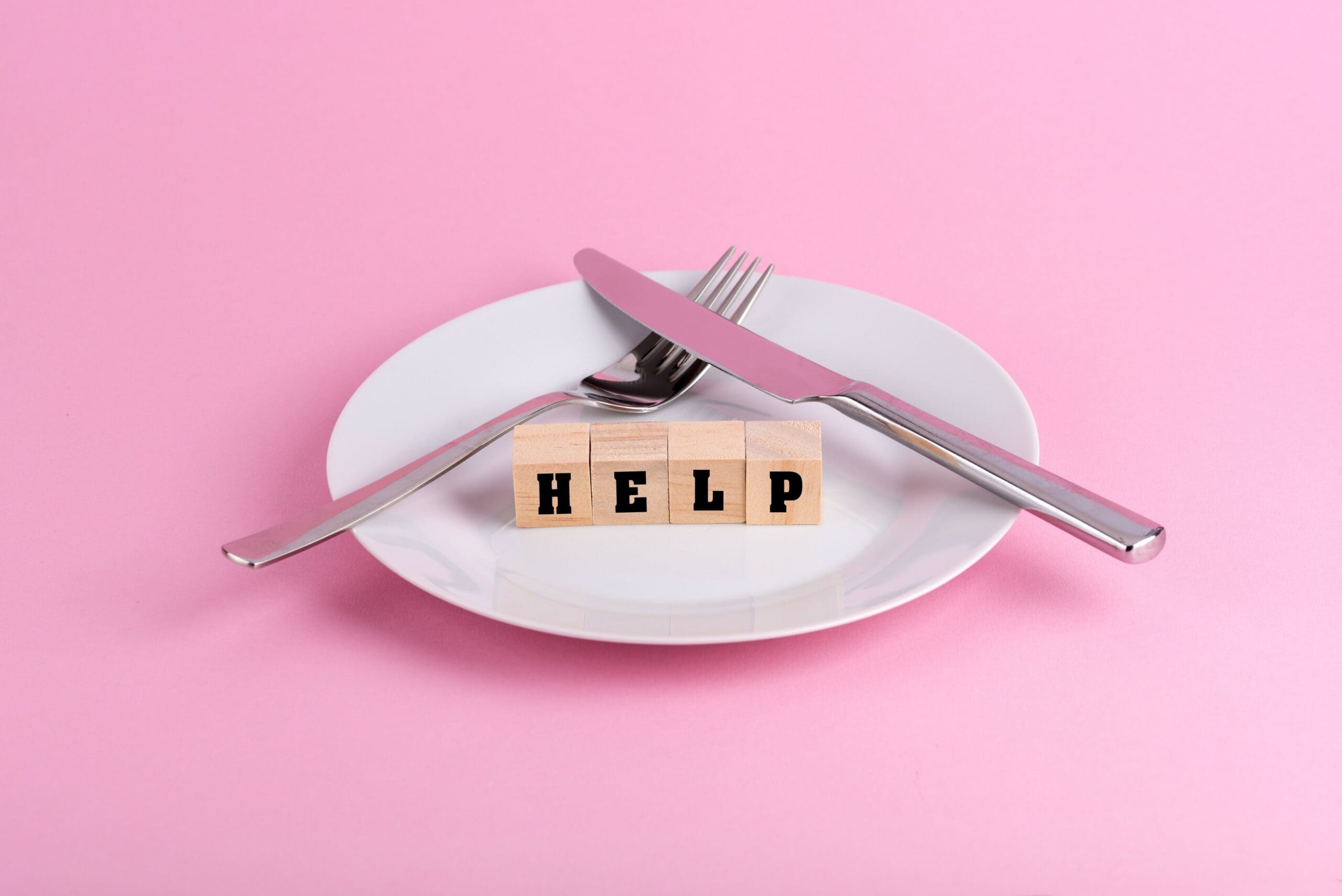If you’re concerned that a child, typically a daughter, has an eating disorder, well, what should you do?
The first thing is do a bit of research, go to very well-credentialed websites and understand a bit more what an eating disorder is. And the truth of the matter is most people with an eating disorder actually recover very successfully.
Have a gentle discussion
Secondly, having a gentle discussion with your daughter is quite important. Try to get her to talk about what’s going on. Although this is often a very difficult topic to discuss with your daughter because almost certainly your daughter will be very reluctant to have that conversation.
Observe their eating and weight
The third is without being too hawkish, keep an eye on what’s going on with their eating and their weight and observe.
Professional help for eating disorders
And then finally, based on all of this, if you can see that your daughter is continuing to lose weight, seems to have very ritualised eating behaviour, seems to have what’s called a body image disturbance, or indeed may be engaging in purging activities, which is vomiting typically after food, then the critical next step is to seek professional help. And that professional help is ideally via your GP or an adolescent mental health service, which many of the mental health teams around Australia have attached to them.
The key other element is to remain optimistic. It’s not uncommon for teenage girls to have periods where they become preoccupied with their weight. It’s not uncommon that they engage in eating disorder behaviour, and that doesn’t necessarily always mean that they go on to develop a severe eating disorder. But like all health care issues or mental health problems, early intervention, early engagement, early recognition, and early action to try and address that problem tends to be better than sitting on the problem and not seeking help.

